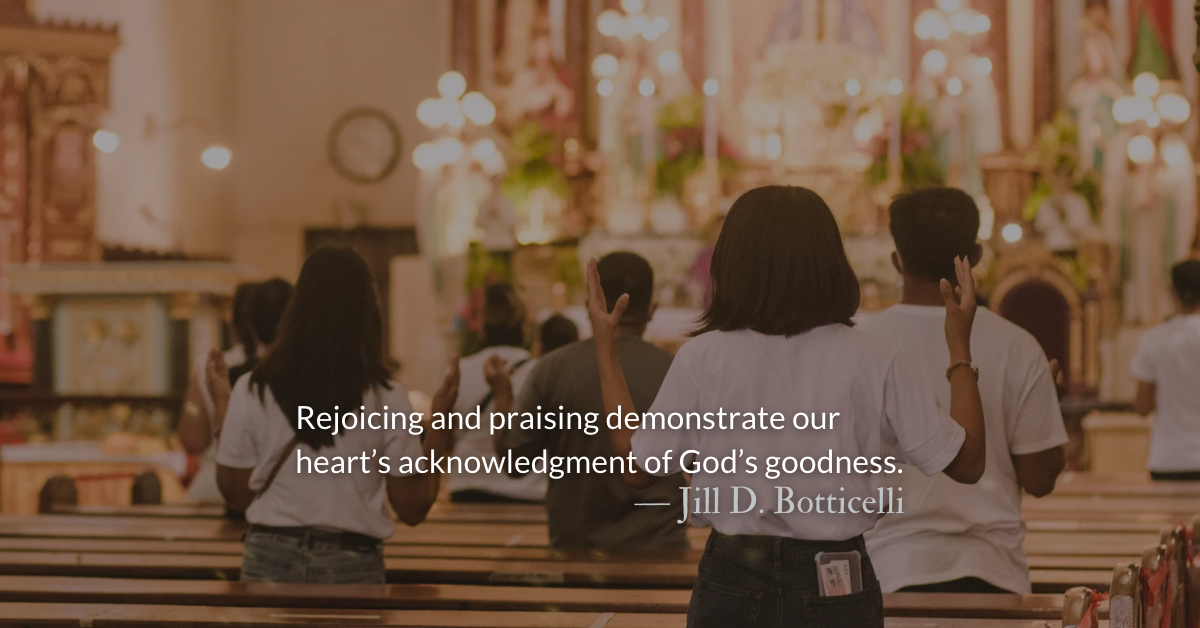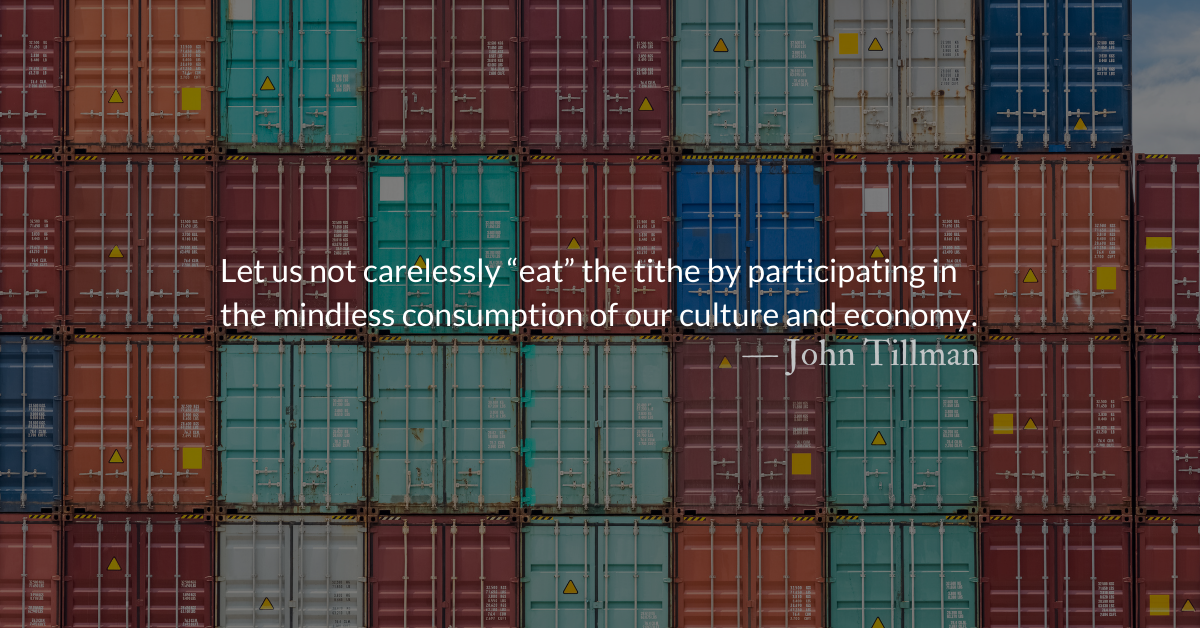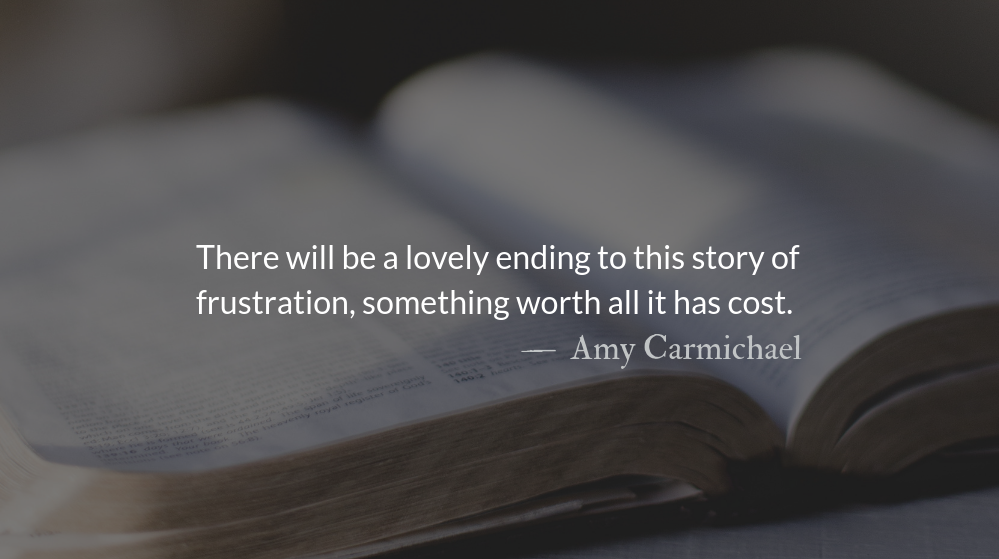Scripture Focus: Deuteronomy 26.8-11
8 And the Lord brought us out of Egypt with a mighty hand and an outstretched arm, with great deeds of terror, with signs and wonders. 9 And he brought us into this place and gave us this land, a land flowing with milk and honey. 10 And behold, now I bring the first of the fruit of the ground, which you, O Lord, have given me. And you shall set it down before the Lord your God and worship before the Lord your God. 11 And you shall rejoice in all the good that the Lord your God has given to you and to your house, you, and the Levite, and the sojourner who is among you.
Reflection: Remember, Rejoice, and Rest
By Jill D. Botticelli
Giving has been a part of my church experience since I was a small child. Proudly putting nickels from my grandpa in a white church-shaped plastic bank in Sunday School is one of my earliest church-related memories. When we give today, do we give thought to why and how we can and should give?
This passage in Deuteronomy instructs the people of God on how to worship through giving. The Israelites needed reminders that good things come from the Lord and that praise and worship for his provision are just and required. So do we.
The instructions on first fruits and tithes reminded Israel of the mighty hand of God and how they were brought out of bondage in Egypt (v. 9). We, too, need reminders of the goodness of God’s provision for our needs. Jobs, housing, food, and even entertainment are often taken for granted. These good gifts proclaim the Lord’s power in caring for his creation.
As an act of worship, Moses instructed the Israelites to rejoice in all the good that God had given them (v. 11). Rejoicing and praising demonstrate our heart’s acknowledgment of God’s goodness. The Israelites practiced a very visible form of giving. Actions of worship are tangible signs of God’s goodness which others can recognize and also reflect upon.
Through these statutes, God assures his children that they can rest in his promise to provide, protect and nurture them (vv. 18-19). The Lord declared that they were a people of his “treasured possession,” which he promised to honor above all others.
As believers, we can rest assured God honors our worship with his everlasting care. As we worship in giving, we are secure in God’s promise to provide for our needs. (Philippians 4.19)
As we place our offerings before the Lord, we are reminded of the mighty hand of God, which provides. We rejoice in all that he bestows upon us. And we rest in his promise to minister to our every need.
Divine Hours Prayer: The Greeting
Your way, O God, is holy; who is as great as our God? — Psalm 77.13
– From The Divine Hours: Prayers for Summertime by Phyllis Tickle.
Today’s Readings
Deuteronomy 26 (Listen 3:13)
Romans 6 (Listen 3:28)
Read more about Short-Circuit Oppression
It won’t matter what we do with our money if our hearts aren’t bent toward caring for the vulnerable.
Read more about Deuteronomy’s Dream for the Poor
Christians can look the darkest realities of poverty in the face and confidently say, “It doesn’t have to be this way.”









